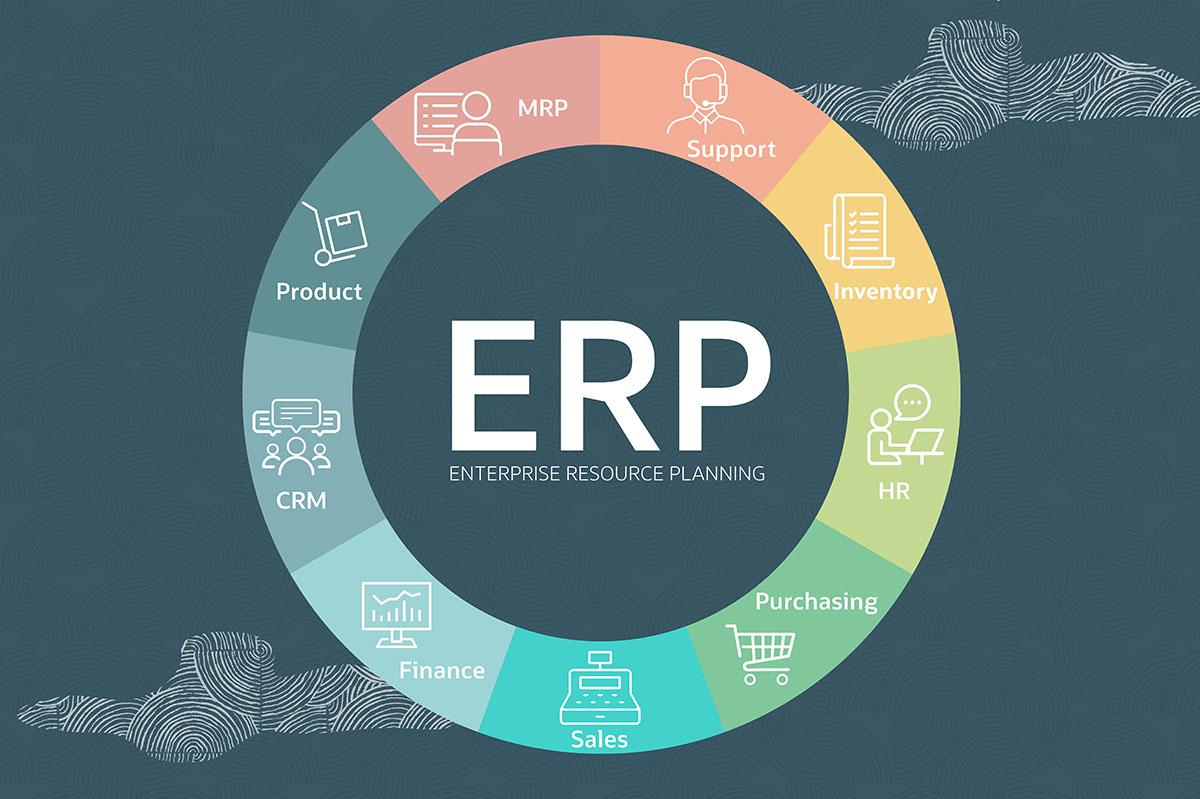The possibilities of doing business around the world are wider than ever. It is no longer an area reserved for large companies and, in fact, international expansion is a path increasingly used by SMEs, which in times of uncertainty or recession, has made it possible for many companies to survive. Internationalization represents a competitive improvement that allows increasing resistance to crisis cycles, generating new business opportunities, increasing business volume, attracting the best talent, reducing production costs and/or reinforcing the brand image.
But it is not a decision to be taken lightly, as it also involves difficulties and risks: need for strong specialization, problems arising from cultural differences, management of different time zones, possible socio-political risks in the country of destination, impact of tariff measures, etc.
The management of the different locations, headquarters, delegations or production centers is another of the important issues that must be taken into account when dealing with internationalization or, in the event of entering a market with the help of a local or experienced partner , when the volume of business increases. In these cases, the need to use an ERP becomes evident.
At this point, the internationalized company has several options to solve the situation:
- Delegate the key points of this management to a local agency. An option that is not recommended if the volume of business is important and/or there are different departments to manage (not only administrative issues).
- Implementation of an ERP locally. This option is not very efficient since, in the event that branches are added, the process will have to be repeated and different integrations with the main ERP of the central office will have to be carried out.
- Extend the company’s ERP to the new branches. It is the best option, both initially and to avoid problems in the future due to changes in the company or new international expansions. In the event that the ERP in question does not support internationalization (intercompany processes, currencies, languages, etc.), you can choose to tackle a global project; and in any case, the relationship between the delegations can be approached in different ways.
Thus, it is highly recommended to have a management system that takes issues such as internationalization into account. Even in a phase in which the company does not intend to internationalize in the short or medium term, it is advisable to approach an ERP implementation taking into account a possible international expansion (or of any other type, such as, for example, if the activity increases or decreases ; or if departments are incorporated) because the market evolves very quickly.
An international ERP such as Microsoft Dynamics 365 Business Central has extensive functionality that can be incorporated in a modular way depending on the needs, allows deployment in the same environment for the entire company, has different locations to comply with local taxation, offers different languages… and everything necessary to support the activity in another country.
The growth of a company can lead to different expansion needs, even within its own borders. In all cases, a solvent ERP significantly increases the chances of success. Let’s see how:
- Regional expansion, within the same country, is the most common and simplest situation of all. But this is not without its challenges, since it entails maintaining consistency in the processes in different places and, at the same time, maintaining organizational independence. An ERP, for example, helps to monitor processes transparently and automatically.
- Continental expansion, frequent in companies that begin their internationalization. Expansion throughout the European Union increases complexities related to product traceability, order management or documentation. Thanks to an ERP it is possible, for example, to have a multi-language base and adapt the system logic to the appropriate language for each user.
- International expansion, which would be the most complex scenario, both at an organizational level and for the management system itself. The ERP allows, for example, to work with different currencies, manage different exchange rates, different accounting standards, etc.
Internationalization, therefore, is a very complex step for a company, so it is unnecessary to increase it with different ERP systems. This scenario reduces business visibility, makes real-time operations difficult, causes redundant work to be done, facilitates business inconsistency and increases operating costs, among other problems. Instead, a single ERP with different locations can improve performance (different businesses and countries in a single application), improve reporting (with consolidated data), offer real-time visibility (which favors automation, speeds up processes and eliminates errors), represents a considerable savings (centralizing services for some processes such as human resources or accounting), simplifying tax management (applying different regimes for each subsidiary), etc.
For a company to be internationally competitive, you need an advanced use of technology; and an ERP solution is the basic system to tackle internationalization with guarantees. Consult your case and strengthen the position of your company at a global level.
